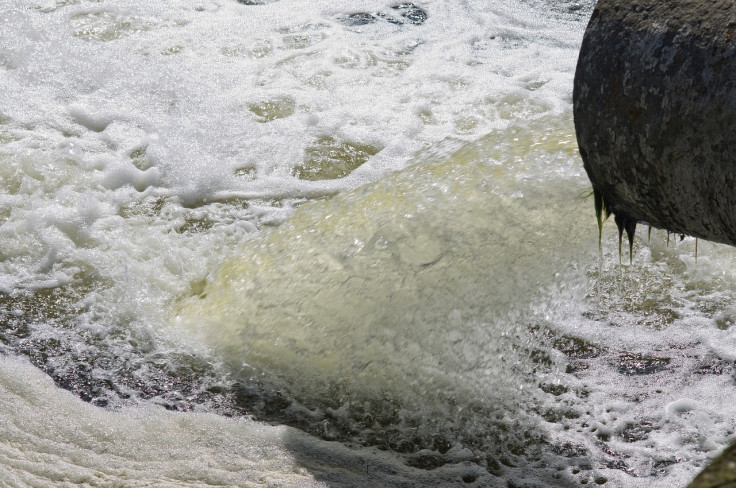
A California lawmaker announced that a $400 million contract has been awarded to refurbish a plant dedicated to treating wastewater in Tijuana, where raw sewage flowing into the U.S. has caused a spike in related illnesses.
U.S. Rep. Juan Vargas, a Democrat, made the announcement on Thursday, saying the funds will be destined to the International Wastewater Treatment Plant located in the Tijuana River Valley. "Something is being done," he said, according to Border Report. "The contract has been let and we're moving forward."
The entity said the contract includes "essential rehabilitation of existing infrastructure and capacity expansion to double current treatment capacity of 25 million gallons per day (MGD) to reach 50 MGD average flow, with a peak hydraulic flow capacity of 75 MGD."
Rep. Vargas represents the district along the Tijuana River Valley, which has been heavily impacted by the sewage flowing into the area.
The situation has deteriorated to the extent that the Centers for Disease Control and Prevention (CDC) got involved, with the body's Agency for Toxic Substances and Disease Registry announcing the collection of environmental sampling data and in order to issue recommendations to alleviate the situation.
Speaking to CBS 8 in early August, two local doctors said the situation is dire as the amount of sewage flowing increases over a sustained period of time. They described more respiratory illnesses associated with smell, children included. People not going into the ocean are also falling ill, something that was not happening in the past, they added.
The San Diego County has launched a pilot program that will randomly give away air purifier to residents. Authorities allocated $100,000 to these devices in June as the issue escalated. Those who wanted to enter the draw had time to do so until August 14. They were advised them to "act fast" due to their "limited supply."
The purifiers are intended as a short-term solution as pollution levels continue to be elevated. Residents have reported chronic coughs, migraines and nausea, and say the symptoms go away when they go elsewhere.
"It's been hell down here, that's what it's been," Vargas said. "We get calls all day long, I agree, I'm here all the time, I smell it, and the truth is it smells like hell." According to Vargas, between 40 and 50 million gallons of water with untreated sewage flow into the U.S. from Tijuana on a daily basis. Mexican officials are also working to build a treatment plant 5 miles south of the border, with its completion aimed for September.
Several beaches in San Diego have closed over the past months as sewage flowing from Tijuana continues to make waters unsafe for people. Tijuana Slough, Imperial Beach Shoreline, Silver Strand Shoreline and Coronado Shoreline are among the most affected areas.
© 2024 Latin Times. All rights reserved. Do not reproduce without permission.



.png?w=600)



